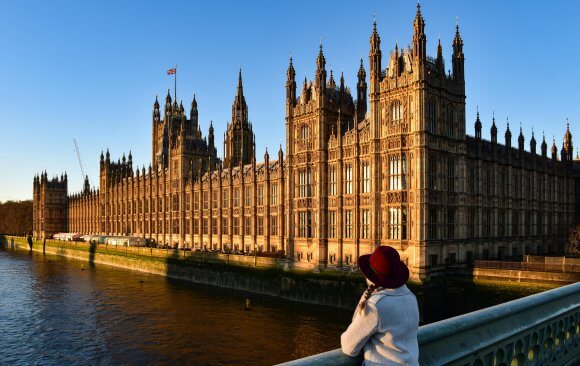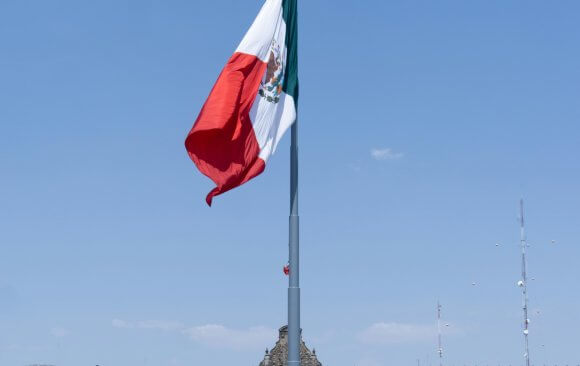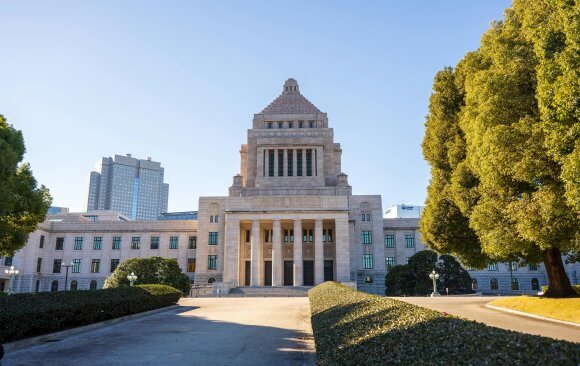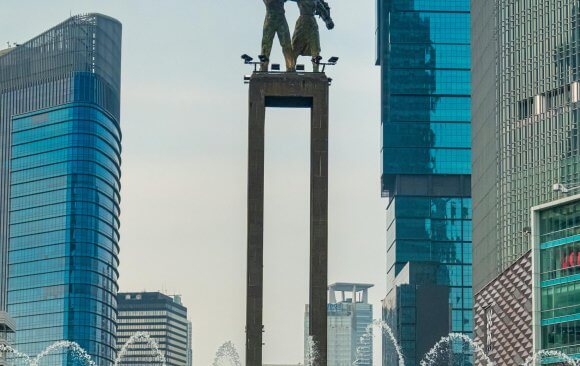Rural smallholder farmers and small-scale coastal fishers, especially in Papua, Maluku, East Nusa Tengarra, Sulawesi, and Kalimantan.Indonesia’s climate success depends...
News
View Recent Reports and Activities by Country

India: How To Reach The Hardest-To-Reach Climate Target Group
Rural low-income communities, including smallholder farmers and daily wage laborers.As of 2024, approximately 63.13% of India’s population resides in rural...

Germany: How To Reach The Hardest-To-Reach Climate Target Group
Low-Income Households in Eastern GermanyIn Eastern Germany (the former German Democratic Republic, GDR), a complex challenge emerges at the intersection...

France: How To Reach The Hardest-To-Reach Climate Target Group
Low-income adults living in rural and peri-urban areas who depend on private thermal vehicles every day. Public transport options are...

European Union: How To Reach The Hardest-To-Reach Climate Target Group
Elderly Rural Households and the EU’s Climate Commitment at COP30As European leaders gather for COP30 in Belém, Brazil, the EU...

China: How To Reach The Hardest-To-Reach Climate Target Group
Low-to-moderate-income (LMI) urban households and and rural households.China’s march toward its ambitious goals of peaking emissions before 2030 and achieving...

Brazil: How To Reach The Hardest-To-Reach Climate Target Group
Adult populations living in isolated rural areas of the Northern region, especially in the Legal Amazon.In the Brazilian context, the...

Australia: How To Reach The Hardest-To-Reach Climate Target Group
Lower- to middle-income households in regional and outer-suburban areas, particularly in coal and gas dependent regions.Who They Are The hardest...

US: The Politics of Climate Change
America’s growing disregard for climate policy also undermines global efforts to address climate change. The United States is currently a...

UK: The Politics of Climate Change
Britain has cut greenhouse-gas emissions substantially since 1990, driven largely by a switch away from coal and rapid growth in...

Turkey: The Politics of Climate Change
A potential turning point came on July 9, 2025, when Türkiye adopted its first Climate Law. President Recep Tayyip Erdoğan...

Spain: The Politics of Climate Change
Spanish public opinion is strongly in favor of climate action, though it is concerned about paying the bill for climate...

South Africa: The Politics of Climate Change
In South Africa, climate change is a politically isolating issue. South Africa‘s African National Congress (ANC) is quite committed to...

Saudi Arabia: The Politics of Climate Change
Although the Saudi Green Initiative already targets 50% renewable electricity generation by 2030, prioritizing large-scale solar projects in the central...

Nigeria: The Politics of Climate Change
Nigeria is trying to use the wealth of the old economy to build the new one, all while managing a...

Mexico: The Politics of Climate Change
Overall, public support for climate policies exists but must be balanced with social equity considerations. Mexico, as one of the...

Japan: The Politics of Climate Change
Political forces, leadership, technical capacity, media narratives, and popular opinion are deeply intertwined in shaping the nation’s climate trajectory Japan,...

Indonesia: The Politics of Climate Change
Four political forces —leadership, technical capacity, media, and popular opinion — characterize the politics of climate change in Indonesia. Indonesia...

India: The Politics of Climate Change
While the government has launched significant renewable energy programs and made global commitments, the persistent dominance of coal, uneven media...

Germany: The Politics of Climate Change
The driving force is no longer climate action for its own sake, but climate action as a tool for ensuring...

EU: The Politics of Climate Change
The 2024 European Parliament elections fundamentally altered the political arithmetic for climate policy. The European Union stands at a critical...


